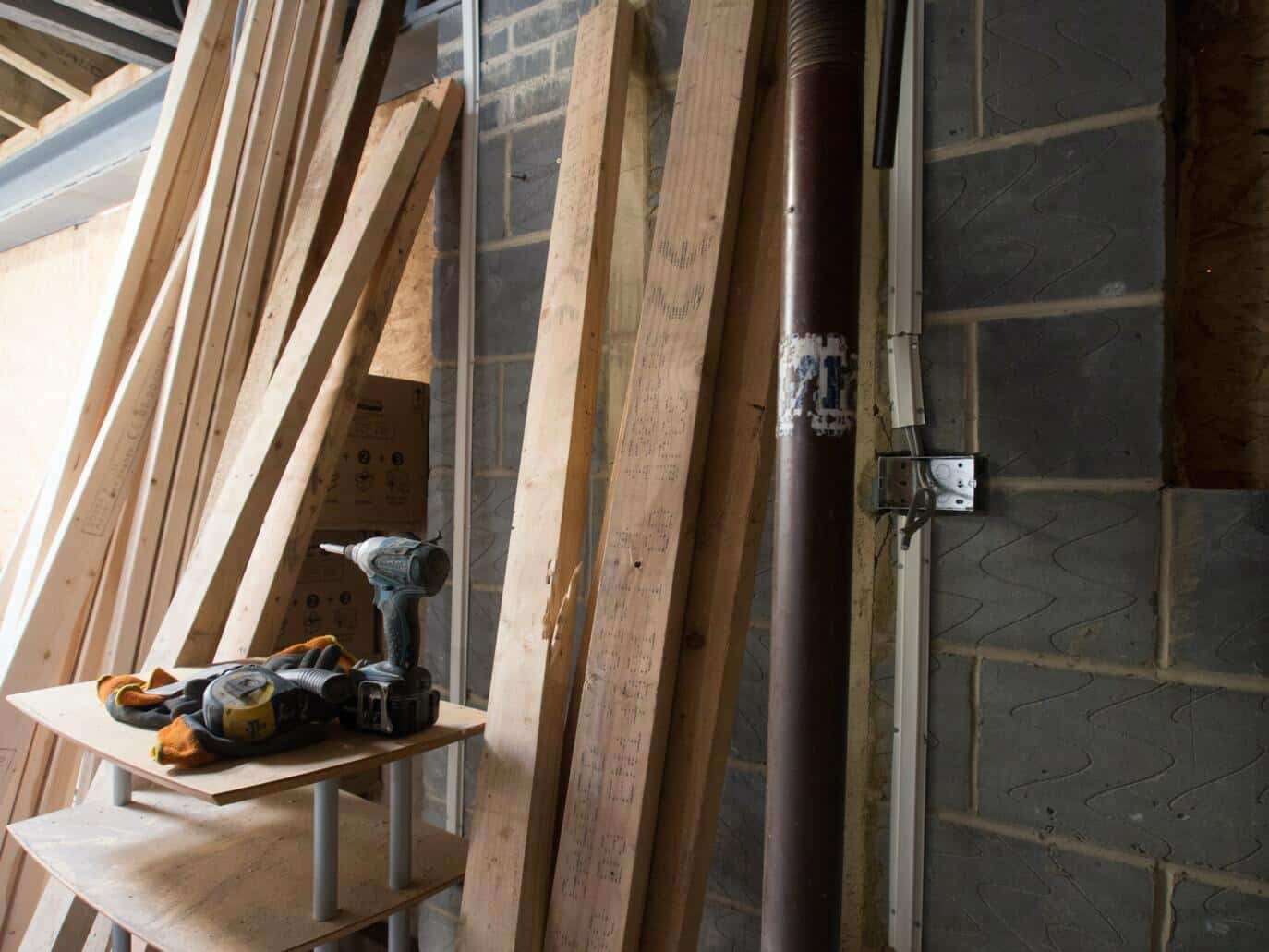Home renovations are a wonderful way to raise your standard of life, but they are far from simple. Many homeowners have faced a great deal of anxiety when renovating their house, particularly when mistakes are made along the way. The point is, you don’t have to sacrifice your sanity for your home improvement. The entire procedure might go a lot smoother than you imagined if you remember all of the important things you need to complete. When planning a home improvement, it’s easy to forget about these basics. Continue reading if you want to learn more.
Selecting the Appropriate Professional for the Job
The capacity of your contractors to deliver is important to the achievement of your home improvement project, so make sure you pick the right person for the project.
Always examine the qualifications and references of home builders, painters, electricians, and other home improvement specialists before hiring them. For example, if you are from Virginia and if you are planning to construct a new house then you should look for a professional home construction company in Virginia such as Virginia Builders.
Before making a decision, you should consult with multiple firms and conduct some web research. Compare their prices, the quality of their work, and what their reviews say to see who can provide you the greatest value for the job.
Planning Everything Before You Start
It’s important to have a good strategy in place before starting any activity. Set a deadline and spend as much time as possible perfecting the details. You’ll be able to complete your renovations much faster and save weeks of labor expenses if you plan.
When it comes to finances, set a budget and stick to it. It’s simple to overspend on labor and materials, so if you don’t take any precautions, you might quickly find yourself in debt. If you plan your project well, you’ll save a lot of time and money.
Getting the Necessary Permits
After you’ve made your plans, double-check that you’ll be able to complete them without breaking any local or state regulations. While you have complete freedom over what you do on the inside of your home, big improvements to the outside may need a permit.
Because most cities tend to have tighter regulations governing house repairs, permits are typically a more pressing problem for city inhabitants than for those who live in rural regions. Make it a point to check, regardless of where you are. All of your hard work might be undone if you don’t have the required approvals.
Notifying Your Insurance Provider
When it comes to home renovations, many homeowners forget this stage. However, you must inform your insurance provider of any planned remodeling projects as well as any modifications you want to make to your house, since this may have an impact on your policy.
Call your insurance provider and discuss your intentions to guarantee that your improvements will not impact the validity of your coverage. It’s better to be safe than sorry.
Allocating a Safety Margin for Materials
When purchasing materials such as carpets, tiles, wallpaper, or paint, buy 20% extra than what is needed to complete the job. Construction sites are filled with mistakes and errors. Having additional supplies on hand will make sure you don’t run into this problem.
Furthermore, because no two batches are the same, purchasing extra materials ensures you’ll have resources on hand to repair any damage that occurs in the future.
Leaving Enough Room for Storage
When you’re renovating your house, it’s tempting to get carried away by the number of design possibilities accessible to you. Installing two sinks in the master bathroom so you can get ready together or a larger window to let in more natural light are both appealing ideas, but make sure you have enough storage space once these improvements are made.
Every family has somewhat varied storage needs, and it’s necessary to keep this in mind while planning your space. You don’t want to end your renovation project just to find yourself without a place to store your belongings.
Selling Your Home In the Future
Your castle is your home. You could, of course, renovate it to your desire and satisfaction. While upgrading the layout of your kitchen or adding a bedroom is entirely common and acceptable, some changes may have an impact on the future value of your property.
If you want to sell your present house in the next few years, don’t go overboard with the design or include too many unusual features. It will be easier to attract more potential purchasers if you keep things modest and classy.
Living In the Home
It may seem like the most obvious thing in the world, but it’s worth mentioning since some ideas look great on paper but aren’t in practice. Consider how any changes you make to your house will affect you in the future. You don’t want to spend a lot of money on something just to be inconvenienced by it later or to never use it.
Final Thoughts
It’s essential to consider the design features you want to include in your house. While there’s nothing wrong with expressing yourself creatively, what seems thrilling at the time could become boring with age. So, you have to plan your house with that in mind.

